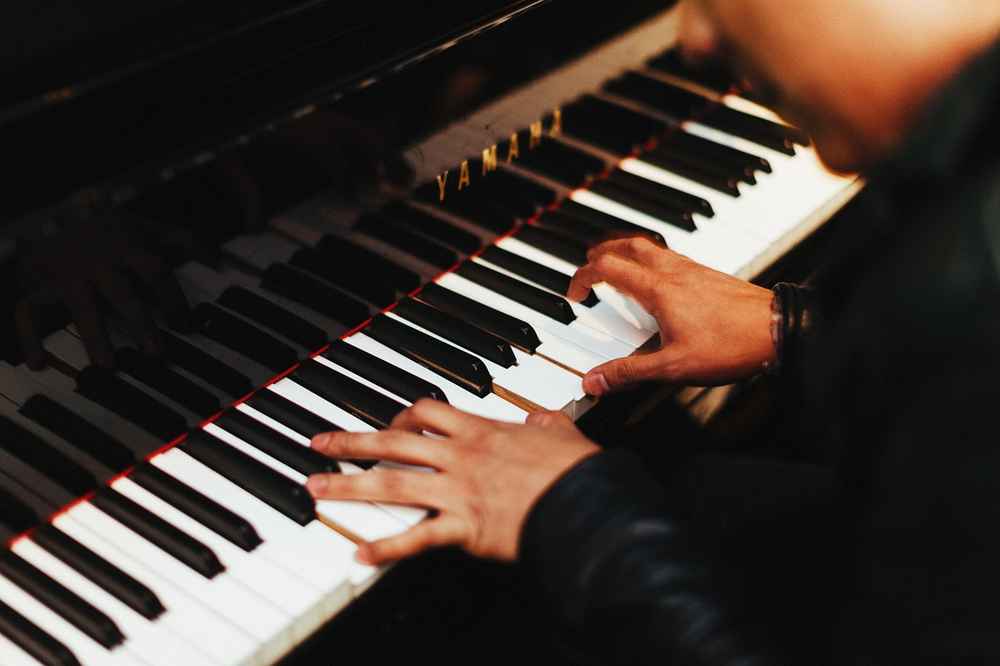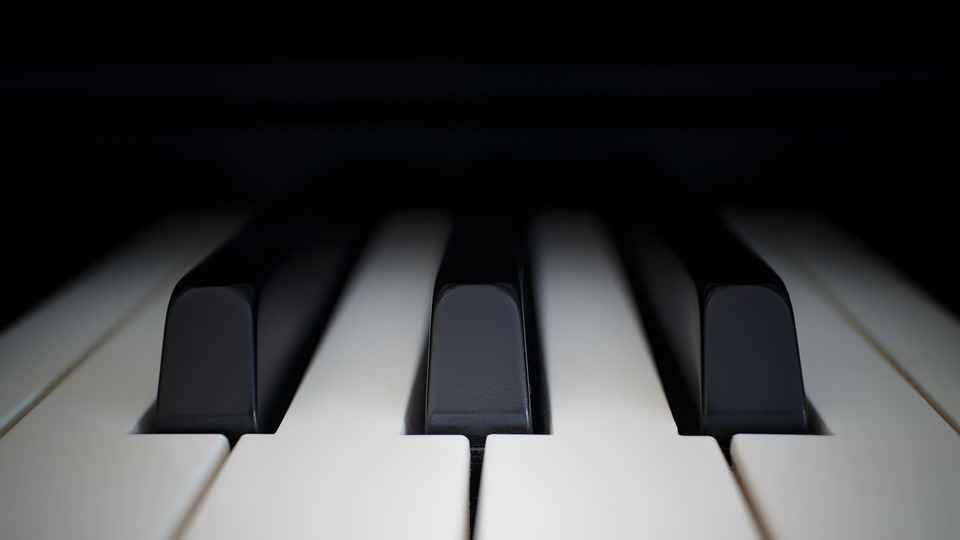The Importance of Weighted Piano Keys

When you’re taking piano lessons, practicing at home is an essential step in becoming a better musician. But purchasing a full-size piano to practice on at home isn’t just expensive, it also requires a lot of space that you might not have. Luckily, quality keyboards with weighted keys can closely simulate the feel of playing a real piano, and they’re both small enough and affordable enough to be a practical option for home practice.
Weighted Keys for a Keyboard
When you buy a keyboard, you’ll need to understand the different types of weighted keys, why they matter, and how to choose the instrument that’s right for you.
Understanding Weighted Keys
When you play a piano, you need to push the keys with enough force to send a hammer into two or three strings. When the hammer strikes those strings, the note sounds. A lever system connects each key to each hammer, and it gives the keys a feeling of weight.
If you’ve ever played a keyboard without weighted keys, then you’ll know that the absence of the weighted feeling of a genuine piano can be confusing to you at first. Keyboard keys are designed to spring right back up, and they can be depressed with less force than you need when playing a piano.
This can make for a problem if you’re going back and forth between a keyboard and a piano, specifically if you’re practicing on a keyboard at home and then need to play on a piano in your music lessons or during a performance. The adjustment between the two very different keys is difficult to make, and can affect your finger and dynamic control because they feel very different.

The Benefits of Weighted Keys
Weighted keys on keyboards make them feel much more like a traditional piano, so the adjustment as you move between instruments is much more minimal and easier to make. Weighted keys make for more effective practicing, and can help you to develop appropriate finger strength and dexterity. All of these factors make you a better overall musician.
Keyboards equipped with weighted keys have other benefits, too. They are portable and they don’t need tuning, making them more versatile than pianos. You can use headphones to practice so that you don’t disturb others, meaning you can practice in more locations and more times of day. Plus, if you use sealed headphones, this can help to prevent distractions as you practice, making you more productive.
The Types of Weighted Keys
Weighted keys fall into three main categories: Semi-weighted, Hammer action keyboards and graded weighting.
semi-weighted
We don’t recommend semi-weighted keyboards for piano practice. The keys are made more resistant by springs, and don’t feel enough like real piano keys to earn our approval. Stick to either hammer action, or graded action keys.
hammer action
Hammer action keyboards are built with a mechanism that replicates the feel of the hammer action in a piano. As you depress the keys, you’ll feel resistance designed to feel as similar to a real piano as possible. Different manufacturers have different mechanism types and different feels.
graded hammer action
Graded hammer action, sometimes just called graded action, is similar to hammer action in that the keys are made to be resistant and to feel similar to those on a piano. With graded weighting, though, the keys on the lower end of the register will have a heavier feel, and the keys on the higher end of the register will have a lighter feel. This more closely mimics the actual resistance that you’ll find in a piano than you will find in hammer action keys.

Purchasing a Weighted Keyboard
Keyboards with weighted keys are well worth the investment for piano students. They’re an essential investment in your music education and will contribute to your development as a musician.
Keyboards with weighted keys will cost more than a keyboard without weighted keys, but the benefits far outweigh the price difference. From making it easier to transition between the keyboard and a piano, to helping you develop essential finger strength and dexterity, to learning to accurately control dynamics, a weighted key keyboard is a must-have. While your keyboard will be an investment, it’s still less expensive than it would be to purchase a quality piano.
When it’s time for you to buy a keyboard, be sure to consult with your music teacher. You’ll have many different keyboards to choose from, and they’re equipped with different weighted key systems, different key action, and different features. The best way to find the right keyboard for you is to get the advice of your teacher who can help you choose the right instrument based on your needs, and your musical goals. A quality keyboard will last you for years, so it’s absolutely worth it to save up in order to buy an instrument that will serve you well.
Lastly, if you every want to perform on an acoustic piano, the weighted keys will help get used to the piano keys faster. Our students who take piano lessons in San Antonio or in New York really appreciate the practice on weighted keys when the perform on our grand pianos.
Related


Aleks

Article
Basics of Interpretation on the piano
Learn three basic ways to interpret music on the piano.
Staff
